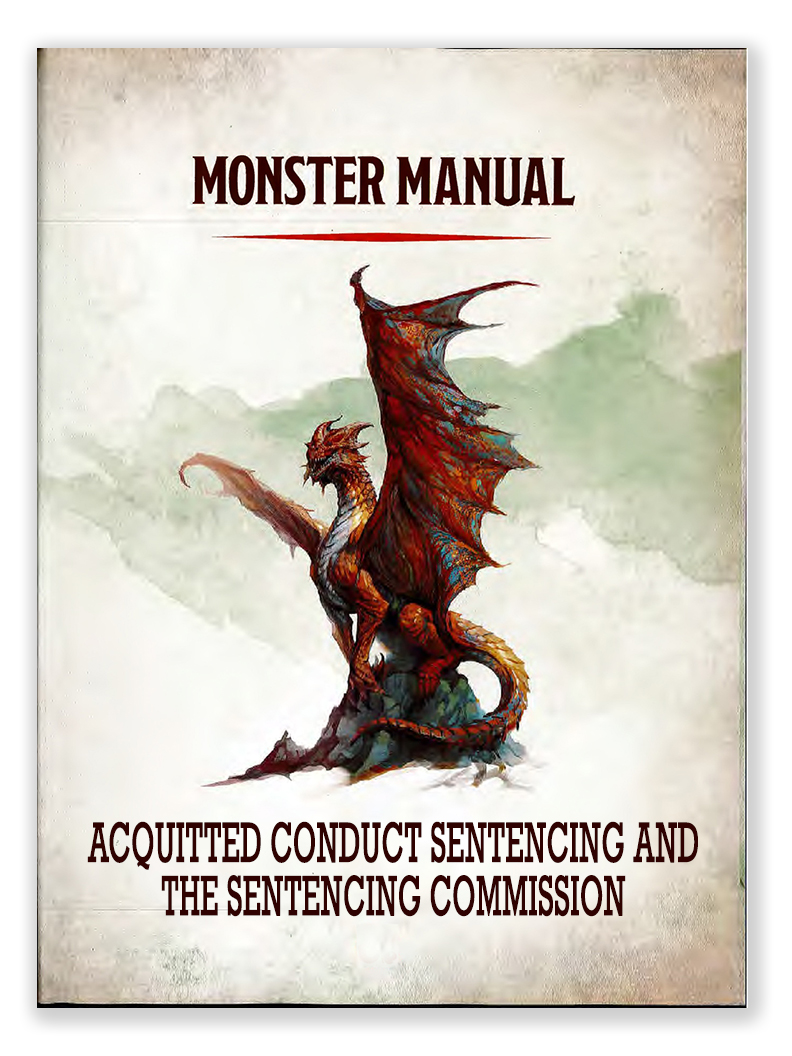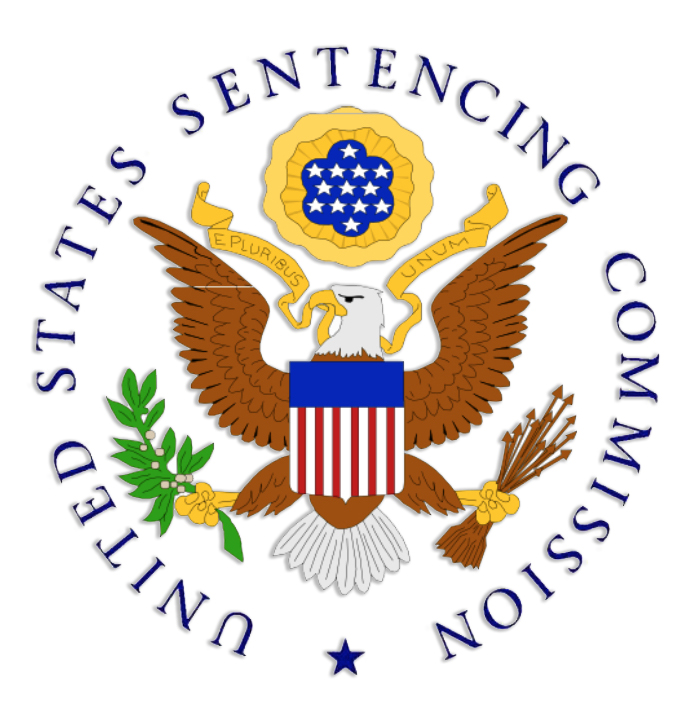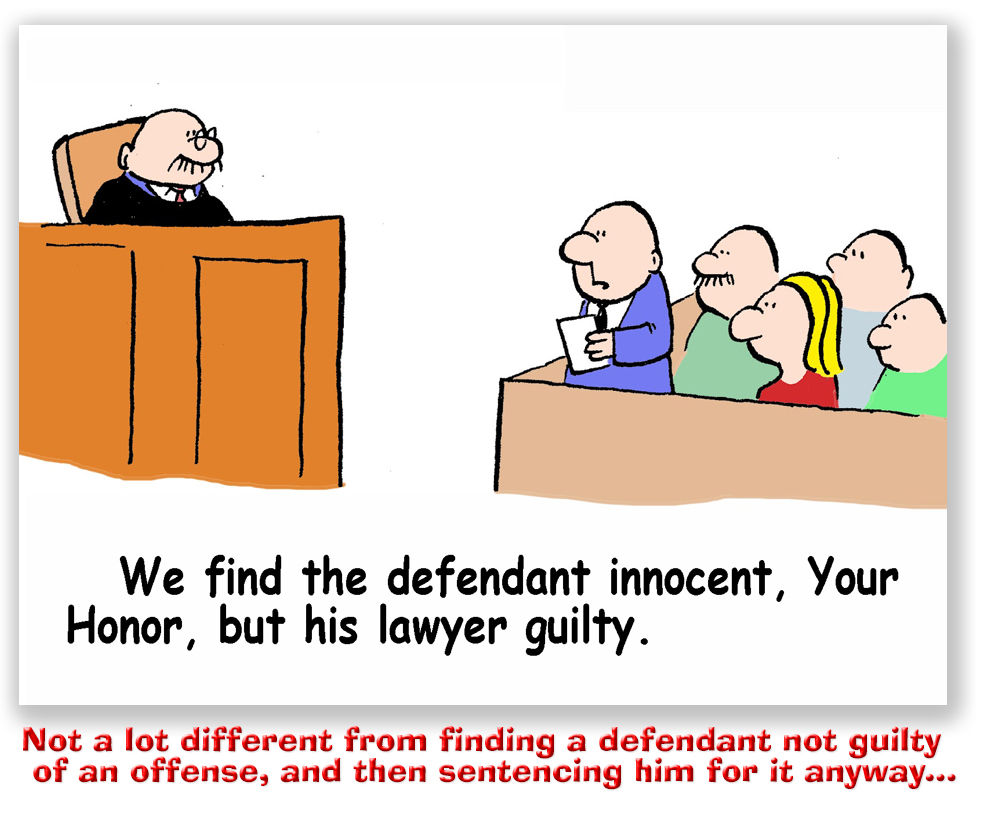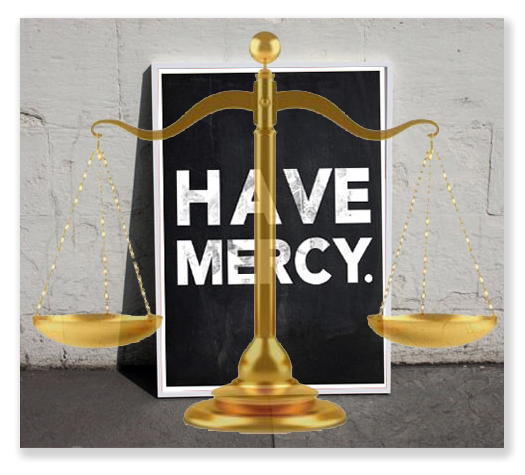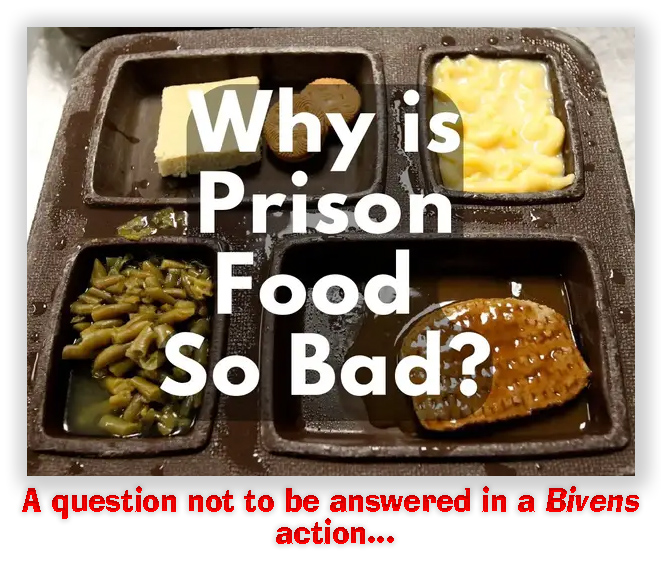We post news and comment on federal criminal justice issues, focused primarily on trial and post-conviction matters, legislative initiatives, and sentencing issues.

SENTENCING COMMISSION CLIFFHANGER SENDS CRIMINAL HISTORY CHANGES RETROACTIVE
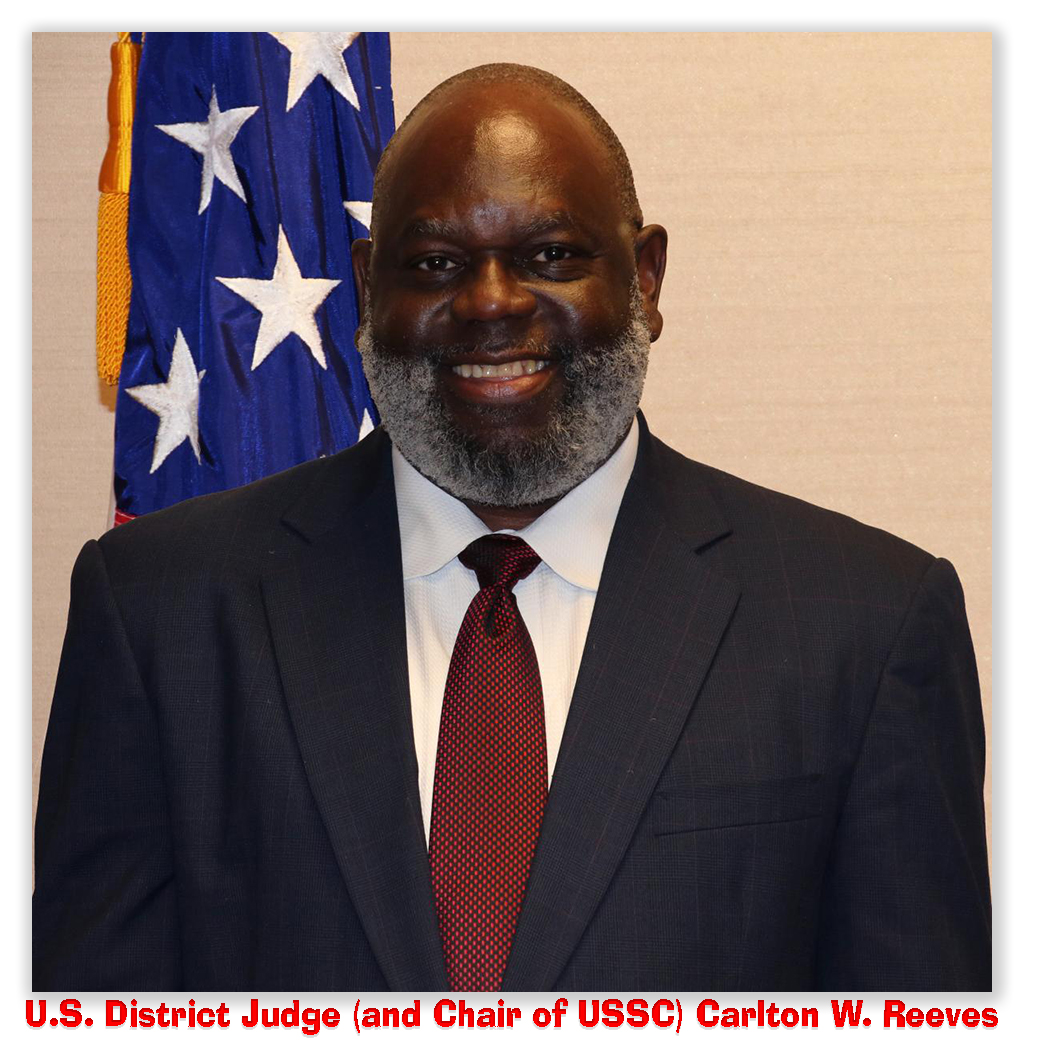 Sentencing Commission meetings – and admittedly, we don’t have many in our sample, because the USSC was moribund for the five years ending last August – are usually yawners. Chairman Carlton Reeves likes to talk and loves polite consensus. No one on the Commission is a bomb-thrower, and every the most vigorous policy disputes are cloaked in courtesy. Everyone – even the ex officio Dept of Justice member Jonathan J. Wroblewski – gets a turn at the mic.
Sentencing Commission meetings – and admittedly, we don’t have many in our sample, because the USSC was moribund for the five years ending last August – are usually yawners. Chairman Carlton Reeves likes to talk and loves polite consensus. No one on the Commission is a bomb-thrower, and every the most vigorous policy disputes are cloaked in courtesy. Everyone – even the ex officio Dept of Justice member Jonathan J. Wroblewski – gets a turn at the mic.
That’s partly why yesterday’s meeting was so surprising.
The Commission approved the first retroactive application of a Guideline change in nine years, deciding that Amendment 821 – which lowers criminal history scores in some cases – should apply to people already sentenced. It also adopted policy priorities for the 2024 amendment cycle that include maybe amending how the guidelines treat acquitted conduct and assessing whether Bureau of Prisons practices are effective in meeting the purposes of sentencing.
Zero is Hero: Right now, someone with zero or one criminal history point (a minor misdemeanor) is scored a Criminal History Category I. This rating provides the lowest sentencing range for any given Guidelines offense level. The Commission has adopted a new ”zero-point” Guidelines amendment, which added Section 4C1.1 to the Guidelines. The new section will grant people with zero criminal history points who meet a long list of other conditions (such as no guns or violence, no sex offenses) a 2-level reduction in their Guidelines offense level. The practical effect will be that the person’s advisory sentencing range will drop two levels (such as from Level 30 (97-121 months) to Level 28 (78-97 months).
Status Seekers: At the other end of criminal history, the Guidelines have always assigned an extra two points if the current offense was committed while someone was under supervision. Supervision could be probation or parole from a prior offense or supervised release from a prior federal offense. The two points (called “status points”) could be a snare for the unwary. A defendant involved in a conspiracy of several years duration might pick up a DUI offense during the period the conspiracy is going on. Even if the local judge lets him or her off with unsupervised probation, that local conviction would add 2 criminal history points and quite likely land the defendant in a higher criminal history category.
 Last April, the Sentencing Commission abolished all status points for people who had fewer than seven accumulated criminal history points driving their criminal history category. For those with seven or more points, only one status point would be added rather than two. In making this change, the USSC determined that status points had little to no relevance in the accurate determination of a criminal history profile.
Last April, the Sentencing Commission abolished all status points for people who had fewer than seven accumulated criminal history points driving their criminal history category. For those with seven or more points, only one status point would be added rather than two. In making this change, the USSC determined that status points had little to no relevance in the accurate determination of a criminal history profile.
As it must do whenever it lowers the Guidelines, the Commission last May opened a proceeding to determine whether those changes should benefit people who have already been sentenced as well as those who have yet to be sentenced. This retroactivity proceeding ended with yesterday’s meeting.
Chairman Reeves opened the meeting with a full-throated endorsement of making the criminal history amendments retroactive. Commissioners Luis Restrepo (Judge on the 3rd Circuit Court of Appeals) and Laura Mate (Federal Public Defender) followed him, voicing their support for full retroactivity.
I yawned. It hardly mattered at this point that the Commission’s audio feed was garbled, because retroactivity was up 3-0, and it seemed that victory was a foregone conclusion. A done deal.
But then, Commissioner Claire Murray (a former Assistant Attorney General) delivered an ordered and rational argument against retroactivity, followed by complementary arguments against going retro by Commissioners Candice Wong (US Attorney’s Office for DC) and Claria Horn Boom (US District Judge from both districts of Kentucky). Suddenly, the vote was 3-3, and retroactivity was tottering.
It thus fell to Commissioner John Gleeson (Wall Street lawyer and former federal judge) to decide whether 18,000 or so federal prisoners would be eligible to have their sentences adjusted to what USSC doctrine now believed was appropriate. Judge Gleeson did not disappoint.
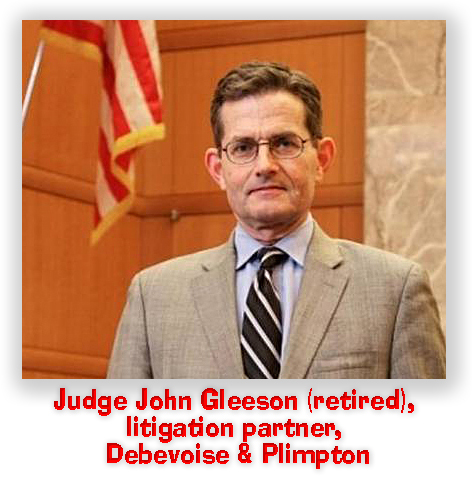 Speaking in quiet, measured tones, Judge Gleeson observed that the opponents of retroactivity complained that the changes made by Amendment 821 “do not remedy a systemic wrong and thus could not rectify a fundamental unfairness in the guidelines manual,” and thus the need for finality and the administrative burden placed on courts by retroactivity meant that the changes should not be made retro. “In my view,” Judge Gleeson said, “it is hard to overstate how wrong that argument is.”
Speaking in quiet, measured tones, Judge Gleeson observed that the opponents of retroactivity complained that the changes made by Amendment 821 “do not remedy a systemic wrong and thus could not rectify a fundamental unfairness in the guidelines manual,” and thus the need for finality and the administrative burden placed on courts by retroactivity meant that the changes should not be made retro. “In my view,” Judge Gleeson said, “it is hard to overstate how wrong that argument is.”
Judge Gleeson highlighted the disproportionate impact the two criminal history guidelines had had on minorities. He said that 43% of the prisoners affected by the retroactive change in status points are black and 20% are Hispanic. About 69% of those benefitting from the zero-point change are Hispanic. Judge Gleeson said that while
“there’s no such thing as fully remedying and racial disparity that’s been built into our criminal justice system for so long… making these amendments retroactive will have a tangible effect for people of color… Overreliance on criminal history can drive pernicious racial disparities in sentencing… we [have] visited fundamental unfairness on thousands of people through guidelines that judges follow… [that] we know from the data are wrong… At the receiving end of these sentences there are three-dimensional human beings.”
Final vote for retroactivity was 4-3.
 The retroactivity order prohibits district courts from granting any change in sentences prior to February 1, 2024. The Commission voted that delay to ensure that people who might be released will have the opportunity to participate in reentry programs and transitional services that will increase the likelihood of successful reentry to society.
The retroactivity order prohibits district courts from granting any change in sentences prior to February 1, 2024. The Commission voted that delay to ensure that people who might be released will have the opportunity to participate in reentry programs and transitional services that will increase the likelihood of successful reentry to society.
The Commission estimated in its July 2023 Impact Analysis that retroactive application would carry a meaningful impact for many currently incarcerated individuals:
• 11,495 prisoners will have a lower sentencing range due to the status-point change, with a possible sentence reduction of 11.7%, on average.
• 7,272 prisoners will be eligible for a lower sentencing range based upon the “Zero-Point” change, with an average possible sentence reduction of 17.6%.
Eligible prisoners will have to file a motion with their sentencing courts under 18 USC § 3582(c)(2) seeking the reduction. The district court is entitled to grant no more than a reduction to the bottom of the revised sentencing range (with special rules for people who have had departures for assisting the government), and no issues may be considered other than the revised criminal history score. Whether to grant as much a reduction as possible, only part of the possible reduction, or none at all is entirely up to the judge.
US Sentencing Commission, Public Meeting (August 24, 2023)
Sentencing Law and Policy, US Sentencing Commission votes to make its new criminal history amendments retroactive and adopts new policy priorities (August 24, 2023)
– Thomas L. Root


 Under § 4C1.1, someone with no criminal history points is still Criminal History Category I but gets a 2-level reduction in his or her offense category. The Guideline has a list of conditions: no guns, no sex crime, no violence, and more. Condition 4C1.1(a)(10) requires that “the defendant did not receive an adjustment under 3B1.1 (Aggravating Role) and was not engaged in a continuing criminal enterprise, as defined in 21 USC § 848.”
Under § 4C1.1, someone with no criminal history points is still Criminal History Category I but gets a 2-level reduction in his or her offense category. The Guideline has a list of conditions: no guns, no sex crime, no violence, and more. Condition 4C1.1(a)(10) requires that “the defendant did not receive an adjustment under 3B1.1 (Aggravating Role) and was not engaged in a continuing criminal enterprise, as defined in 21 USC § 848.” The district courts have largely agreed with the government. We should hardly be surprised. About 18,700 people were sentenced for federal drug offenses in Fiscal Year 2023, but a vanishingly few of those (seven defendants) were convicted under the drug kingpin statute (21 USC § 848). About 6.3% of the 18,700 sentenced prisoners received a § 3B1.1 aggravating role adjustment (just under 1,200 defendants). As you can imagine, the intersection of the 1,200 people who got aggravating role adjustments and the seven with § 848 convictions amounts to no more than a rounding error.
The district courts have largely agreed with the government. We should hardly be surprised. About 18,700 people were sentenced for federal drug offenses in Fiscal Year 2023, but a vanishingly few of those (seven defendants) were convicted under the drug kingpin statute (21 USC § 848). About 6.3% of the 18,700 sentenced prisoners received a § 3B1.1 aggravating role adjustment (just under 1,200 defendants). As you can imagine, the intersection of the 1,200 people who got aggravating role adjustments and the seven with § 848 convictions amounts to no more than a rounding error. Like the other proposed amendments, this change is intended to be effective in November.
Like the other proposed amendments, this change is intended to be effective in November. 




